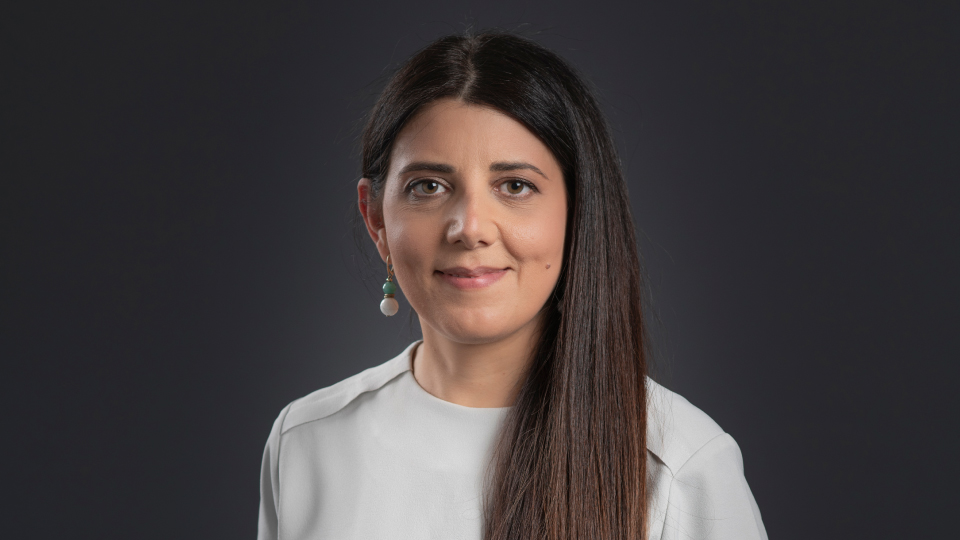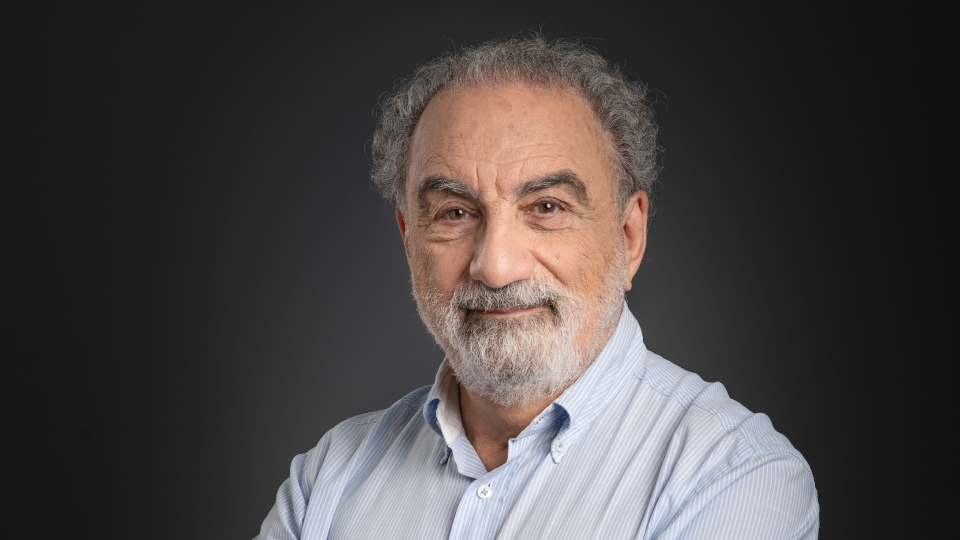IN THE SPOTLIGHT

Did you know that in the 120 years of Nobel Prizes in medicine, physics and chemistry, prizes were awarded 599 times to men and only 23 times to women?
“Too many girls are held back by discrimination, biases, stereotypes, social norms and expectations that influence both the quality of education they receive and the subjects they choose to study”, comments Ms Natassa Frederickou, the President of Frederick University's Council: “We need to understand and target the particular obstacles that keep female students away from STEM and stimulate their interest from the early years.”
Ms Frederickou explains why the equal representation of boys and girls in STEM areas can contribute to achieving a fairer and more peaceful world.

What’s the first thing that comes to mind when talking about sustainability? Going green? Protecting the environment? Maybe supporting responsible lifestyle?
“Indeed, the concept of sustainable development has been associated with the environment and the sciences related to it. In a sense, this approach is correct. However, what the general public may be unaware of is that all engineering disciplines are directly related to the environmental performance of a society, and therefore on issues related to sustainability” comments Dr Paris A. Fokaides, Associate Professor at Frederick University’s School of Engineering and an expert in the fields of sustainable energy technologies and energy assessment of the built environment.
Dr Fokaides explains how engineers engage in research and development related to the United Nations’ Sustainable Development Goals (SDGs).

“A special and characteristic quality of humans is the continuous evolution of their knowledge and achievements”, explains Professor Panayiotis Touliatos, Chair of Frederick University’s Department of Architecture and coordinator of the MSc in Conservation and Restoration of Historical Structures and Monuments. “Every new endeavor of humans is supported and developed through their successive relevant experiences. There is no future without relevant past", comments Prof. Touliatos. "We want to understand why historic buildings are standing during very severe earthquakes, when at the same time, our modern, calculated buildings are collapsing”.

